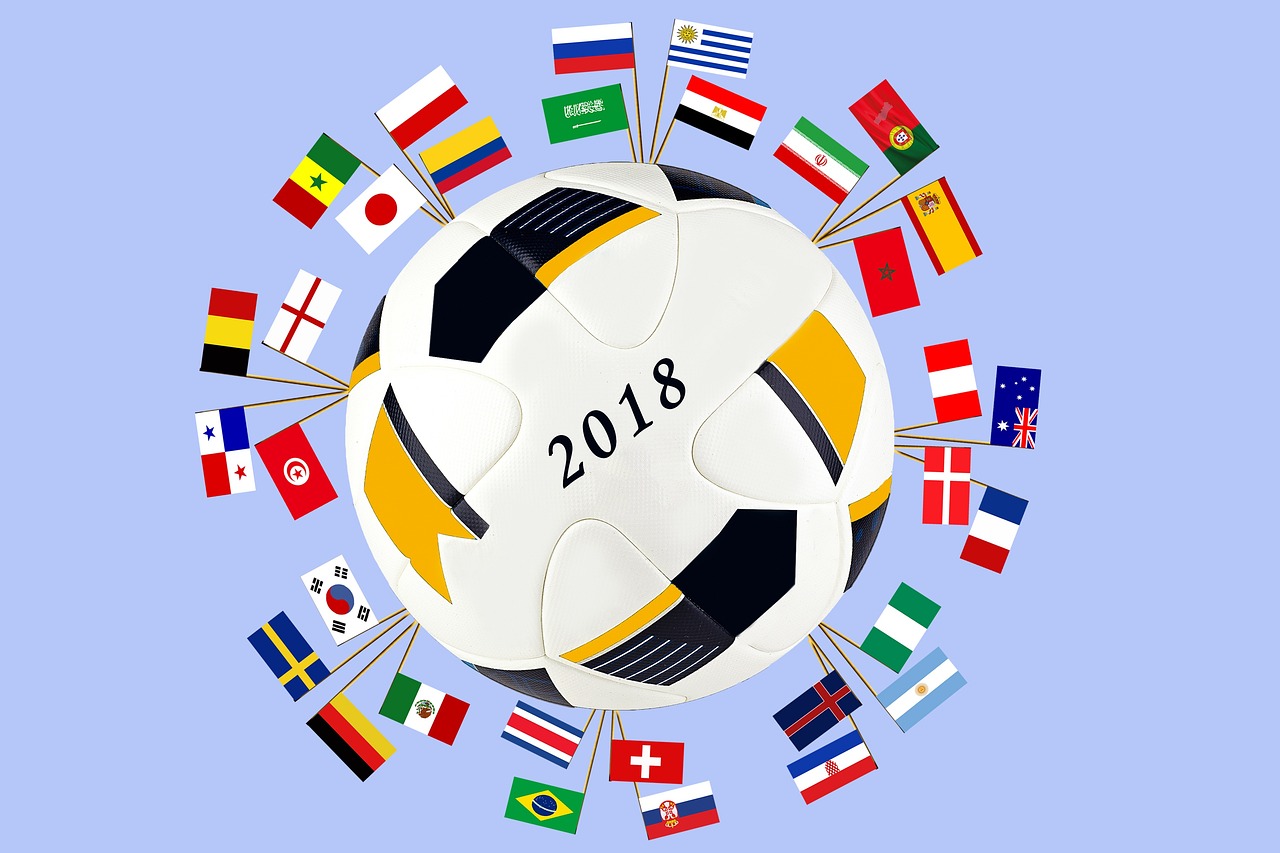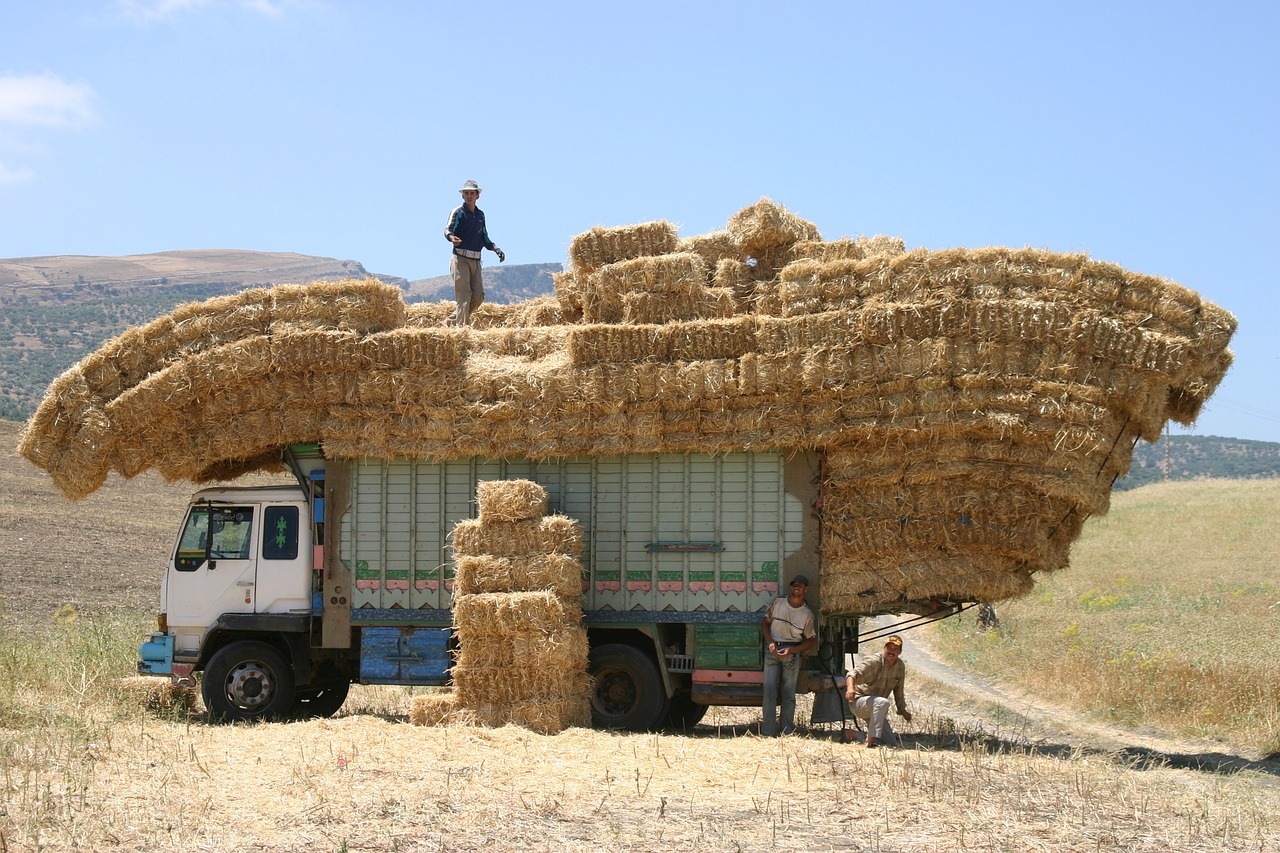Morocco Video
Cultural Sensitivities: Understanding Local Norms in Morocco
Introduction
Morocco, located in North Africa, is a country known for its rich history, vibrant culture, and diverse landscapes. When visiting Morocco, it is essential to be aware of the cultural sensitivities and local norms in order to have a respectful and enjoyable experience. This article aims to provide a comprehensive guide to understanding the cultural sensitivities in Morocco, highlighting key aspects such as greetings, dress code, religious practices, and social etiquette.
Greetings and Politeness
When greeting someone in Morocco, it is customary to use a warm and friendly approach. Handshakes are the most common form of greeting, and it is customary to greet each individual in a group individually. It is also common for people to touch their heart with their right hand after shaking hands as a sign of respect. Addressing people with their proper titles, such as “Mr.” or “Mrs.”, is highly appreciated. Additionally, it is important to greet older individuals first as a sign of respect.
- Assalamu alaikum: This is the traditional Arabic greeting used by Muslims, which means “Peace be upon you.” It is commonly used in Morocco.
- Bonjour: This is the French greeting, which is also widely understood and used in Morocco.
- Handshakes: When greeting someone, a firm handshake is appropriate. Avoid overly strong or weak handshakes.
- Eye contact: Maintaining eye contact during conversations is seen as a sign of respect and attentiveness.
- Personal space: Respect personal space and avoid physical contact unless invited.
Dress Code
Morocco is a predominantly Muslim country, and it is important to dress modestly and respectfully, particularly in religious and conservative areas. While the dress code is generally more relaxed in tourist areas, it is still advisable to dress modestly out of respect for the local culture and customs.
- Women: Women should avoid clothing that is revealing or tight-fitting. It is recommended to wear loose-fitting clothing that covers the shoulders, chest, and knees. Wearing a scarf or shawl to cover the head is also appreciated, especially when visiting religious sites.
- Men: Men should dress modestly as well, avoiding shorts and sleeveless shirts in more conservative areas. Long pants and shirts are generally acceptable.
- Beachwear: While it is acceptable to wear swimwear at the beach or poolside, it is advisable to cover up when walking to and from these areas.
- Mosques: When visiting mosques, both men and women should ensure their clothing covers their arms and legs. Women should also cover their hair with a scarf.
Religious Practices
Islam is the dominant religion in Morocco, and religious practices are an integral part of the culture. It is important to be respectful of these practices and customs when visiting religious sites or during religious events.
- Mosques: Non-Muslims are generally not allowed to enter mosques, except for a few that are open to tourists. If visiting a mosque, it is important to dress modestly and remove your shoes before entering.
- Ramadan: Ramadan is an important month of fasting for Muslims. During this time, it is important to be respectful of those who are fasting by not eating, drinking, or smoking in public during daylight hours.
- Friday prayers: Friday is considered a holy day in Islam, and many Muslims attend congregational prayers at the mosque. It is advisable to avoid scheduling activities or visits during this time.
- Respecting religious symbols: Show respect for religious symbols and avoid any behavior that may be considered disrespectful or offensive.
Social Etiquette
Moroccan society places great importance on hospitality, respect, and social interactions. Understanding social etiquette can help ensure positive interactions with locals.
- Moroccan tea: Sharing tea is an important part of Moroccan hospitality. Accepting a cup of tea when offered is a sign of respect and appreciation.
- Gift-giving: Giving and receiving gifts is common in Moroccan culture, particularly during religious holidays and special occasions. It is polite to bring a small gift when invited to someone’s home.
- Respecting elders: Respect for elders is highly valued in Moroccan society. It is important to show deference and listen attentively when in the presence of older individuals.
- Personal questions: Avoid asking personal questions, especially about income, marital status, or religion, unless the person willingly shares such information.
- Public displays of affection: Public displays of affection, such as kissing or hugging, are not common in Moroccan culture. It is advisable to show restraint in expressing affection in public.
Image 1:

Local Cuisine and Dining Etiquette
Moroccan cuisine is renowned for its flavorful dishes and unique blend of spices. When dining in Morocco, it is important to be aware of the local dining etiquette and customs.
- Washing hands: Before eating, it is customary to wash hands using a basin or provided hand sanitizer.
- Bread: Bread is a staple in Moroccan cuisine and is often used as a utensil to scoop up food. It is polite to break bread with your right hand.
- Sharing meals: Moroccan meals are often communal, with dishes placed in the center of the table. It is customary to share food and pass dishes to others.
- Accepting food: When offered food, it is polite to accept, even if you do not plan to eat much. Refusing food may be considered impolite.
- Expressing gratitude: Show appreciation for the meal by expressing gratitude to the host or cook. A simple “shukran” (thank you) is often sufficient.
Image 2:

Business Etiquette
When conducting business in Morocco, it is important to understand the local business etiquette and norms to establish successful professional relationships.
- Punctuality: While punctuality is valued in business settings, it is common for meetings to start later than scheduled. It is advisable to arrive on time but be prepared for some flexibility.
- Greetings: Follow the general greetings etiquette mentioned earlier, using a polite and respectful approach when meeting business associates.
- Formal attire: Dressing formally is recommended for business meetings. Men should wear suits or dress shirts, while women should opt for conservative and professional attire.
- Building relationships: Building trust and establishing personal connections is crucial in Moroccan business culture. Take the time to get to know your business partners and show genuine interest in their culture and traditions.
- Business cards: Exchanging business cards is common in Morocco. Ensure your business cards are printed in both English and Arabic, and present them with your right hand.
Image 3:

Conclusion
Understanding and respecting the cultural sensitivities and local norms in Morocco is essential for any visitor. By familiarizing yourself with the greetings, dress code, religious practices, social etiquette, and business customs, you can ensure a more enjoyable and respectful experience in this beautiful country. Remember to embrace the rich Moroccan culture and engage with locals in a polite and respectful manner.
References
- Gypsy Warrior: gypsywarrior.com
- Visit Morocco: visitmorocco.com
- Lonely Planet: lonelyplanet.com
- World Travel Guide: worldtravelguide.net


